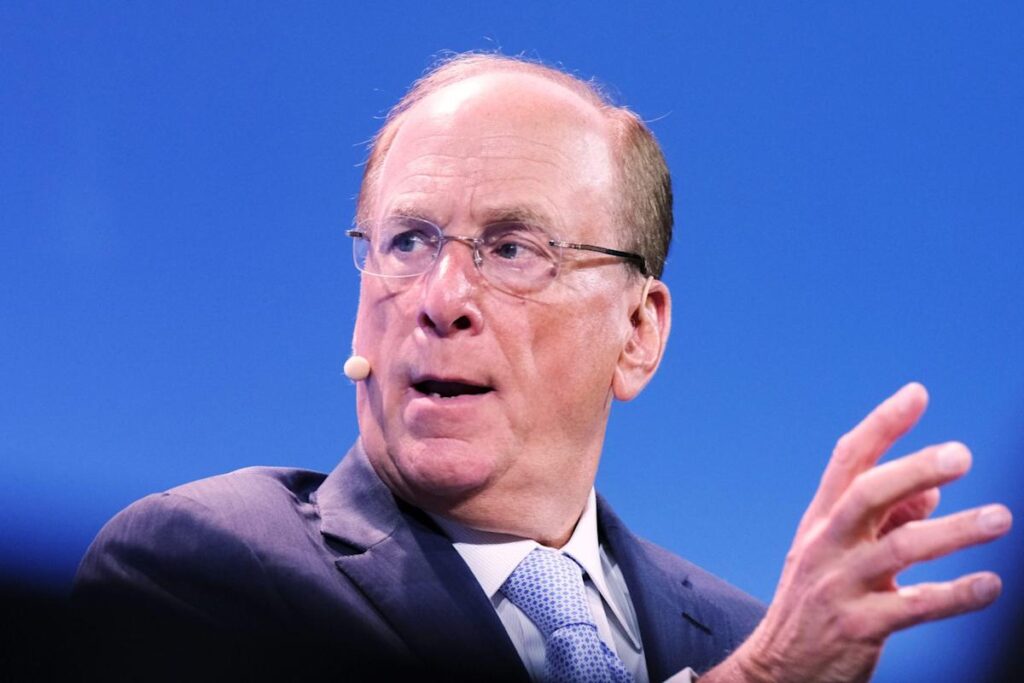BlackRock CEO Larry Fink warns that America’s rising national debt could threaten the dollar’s status as the world’s reserve currency, potentially leading to decentralized assets like Bitcoin taking its place. He and Bridgewater’s Ray Dalio caution that if the U.S. fails to manage its debt, global confidence in U.S. Treasuries may collapse, triggering economic instability and a shift toward alternative financial systems.
With America’s national debt sitting comfortably over the $36.2 trillion mark, BlackRock CEO Larry Fink is warning the burden could one day be the reason the dollar is dethroned as the reserve currency of the world.
He argues that decentralized currencies like Bitcoin could replace the dollar as worldwide organizations lose faith in national currencies and seek an independent solution.
Fink explained his theory in his 2025 letter to shareholders, writing: “The U.S. has benefited from the dollar serving as the world’s reserve currency for decades. But that’s not guaranteed to last forever.
“The national debt has grown at three times the pace of GDP since Times Square’s debt clock started ticking in 1989. This year, interest payments will surpass $952 billion—exceeding defense spending. By 2030, mandatory government spending and debt service will consume all federal revenue, creating a permanent deficit.
“If the U.S. doesn’t get its debt under control, if deficits keep ballooning, America risks losing that position to digital assets like Bitcoin.”
The benefits afforded to Uncle Sam by the dollar’s dominance in global financial markets are clear, and they form part of the reason why policy out of the White House can afford to be so bullish.
These benefits include allowing the U.S. to ride out foreign exchange fluctuations and achieve lower borrowing costs. Many foreign central banks also hold dollar-dominated assets to weather economic shocks and balance their own currency values.
The majority of this is held in U.S. Treasuries—the very debt that Fink is referring to—with dollar assets making up around 59% of foreign reserves around the world.
But the benefits afforded to America because of the dollar’s dominance have a catch: Foreign governments and central banks must have faith in the currency’s creditworthiness.
If, for example, purchasers of U.S. Treasuries begin to fear the debt wouldn’t be repaid by the American government, they may stop buying them. Instead, as Fink says, they may purchase digital assets that are not subject to the whims of the White House.
This, in turn, would lower the dollar’s value and dismantle some of Uncle Sam’s economic firepower.
Story Continues


